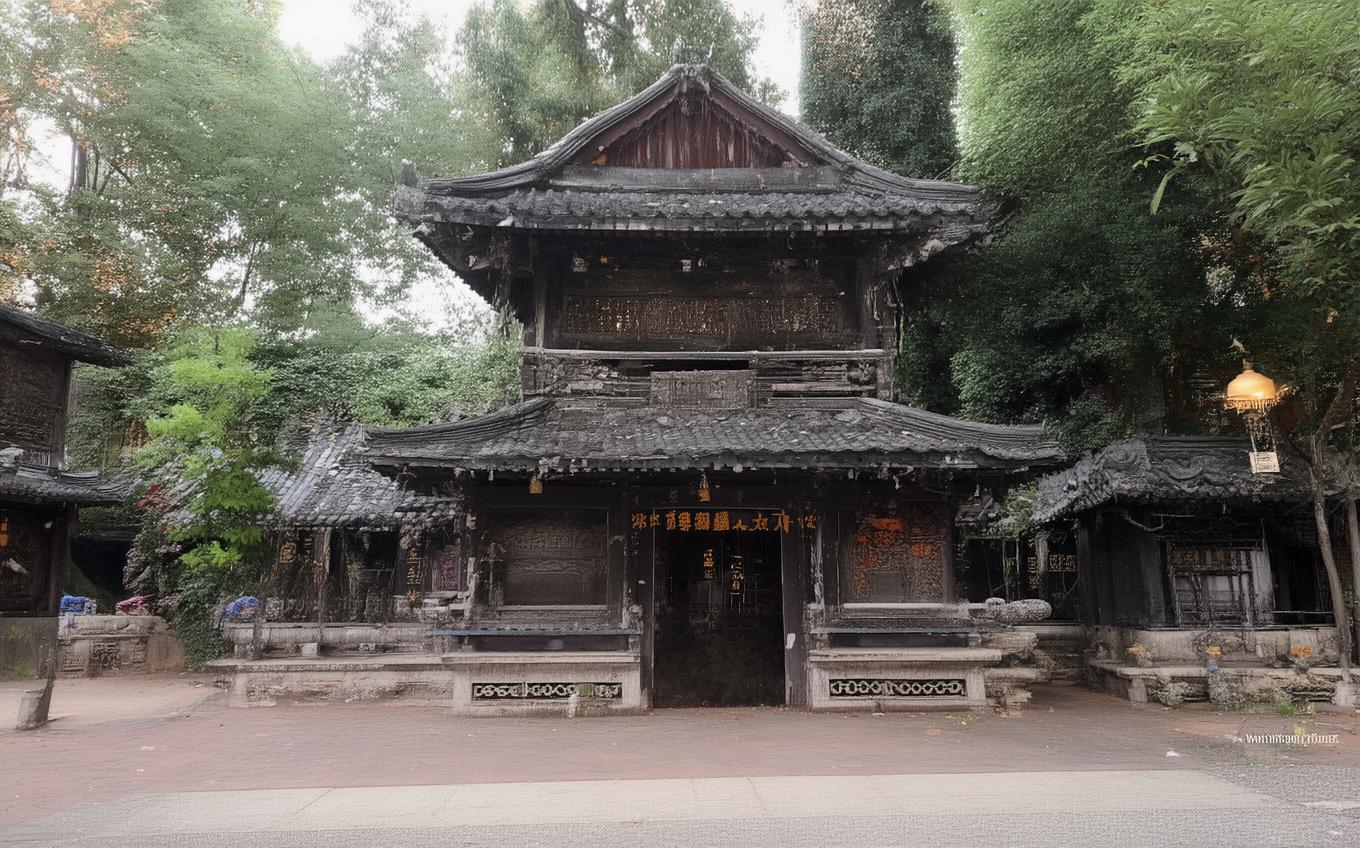Analysis of "贺新郎·夏景" - Classical Chinese Poetry
Introduction
The poem Hè Xīn Láng·Xià Jǐng (贺新郎·夏景) was written by the renowned Song Dynasty poet Su Shi (苏轼, 1037–1101), also known as Su Dongpo. A towering figure in Chinese literature, Su Shi was a master of cí (词), a lyrical poetic form set to music. This particular poem is celebrated for its vivid imagery, emotional depth, and philosophical undertones, blending personal sentiment with reflections on nature and human experience.
The Poem: Full Text and Translation
乳燕飞华屋
Rǔ yàn fēi huá wū
Young swallows flit past the ornate house,悄无人、桐阴转午
Qiǎo wú rén, tóng yīn zhuǎn wǔ
Silent and empty, the parasol tree’s shade shifts past noon,晚凉新浴
Wǎn liáng xīn yù
Evening cool after a fresh bath,手弄生绡白团扇
Shǒu nòng shēng xiāo bái tuán shàn
Fingers toy with a raw silk round fan,扇手一时似玉
Shàn shǒu yī shí sì yù
Fan and hand, both jade-like in the light.渐困倚、孤眠清熟
Jiàn kùn yǐ, gū mián qīng shú
Gradually drowsy, she leans alone into deep sleep,帘外谁来推绣户
Lián wài shéi lái tuī xiù hù
Outside the curtain—who comes knocking at her door?枉教人、梦断瑶台曲
Wǎng jiào rén, mèng duàn yáo tái qǔ
In vain, her dream of the Jade Terrace is shattered.又却是、风敲竹
Yòu què shì, fēng qiāo zhú
It was only the wind rustling the bamboo.
Line-by-Line Analysis
- "Young swallows flit past the ornate house" – The poem opens with a delicate image of swallows, symbols of fleeting time and change, contrasting with the stillness of an empty house.
- "Silent and empty, the parasol tree’s shade shifts past noon" – The shifting shadows mark the passage of time, reinforcing solitude.
- "Evening cool after a fresh bath" – A moment of quiet refreshment, yet also a metaphor for cleansing and renewal.
- "Fingers toy with a raw silk round fan" – The fan, a traditional symbol of feminine grace, also hints at impermanence (as fans are used in summer but discarded in winter).
- "Fan and hand, both jade-like in the light" – The comparison to jade suggests beauty and fragility.
- "Gradually drowsy, she leans alone into deep sleep" – The transition into sleep mirrors a retreat from reality.
- "Outside the curtain—who comes knocking at her door?" – A sudden interruption, raising tension and expectation.
- "In vain, her dream of the Jade Terrace is shattered" – The "Jade Terrace" alludes to a celestial paradise, representing unattainable ideals.
- "It was only the wind rustling the bamboo" – The anticlimactic reveal underscores loneliness—nature’s sounds are mistaken for human presence.
Themes and Symbolism
- Transience and Loneliness: The poem captures fleeting moments—swallows, shifting shadows, a brief dream—emphasizing life’s ephemerality.
- Nature’s Ambiguity: The wind’s deception reflects how nature can mirror human emotions, blurring reality and imagination.
- Unfulfilled Longing: The interrupted dream symbolizes desires that remain just out of reach.
Cultural Context
Written during the Song Dynasty, a golden age for cí poetry, this work exemplifies Su Shi’s ability to weave personal emotion with universal themes. The Hè Xīn Láng tune was often used for lyrical, introspective pieces. The poem also reflects Daoist influences, particularly the idea of harmony (and dissonance) between humans and nature.
Conclusion
Hè Xīn Láng·Xià Jǐng is a masterpiece of subtlety and depth, using summer imagery to explore solitude and yearning. Its enduring appeal lies in its ability to resonate across cultures—anyone who has felt the pang of loneliness or the fleeting nature of joy can connect with Su Shi’s words. Today, it reminds us of the beauty in quiet moments and the universal human search for meaning amid impermanence.




Comments (0)
No comments yet. Be the first to comment!